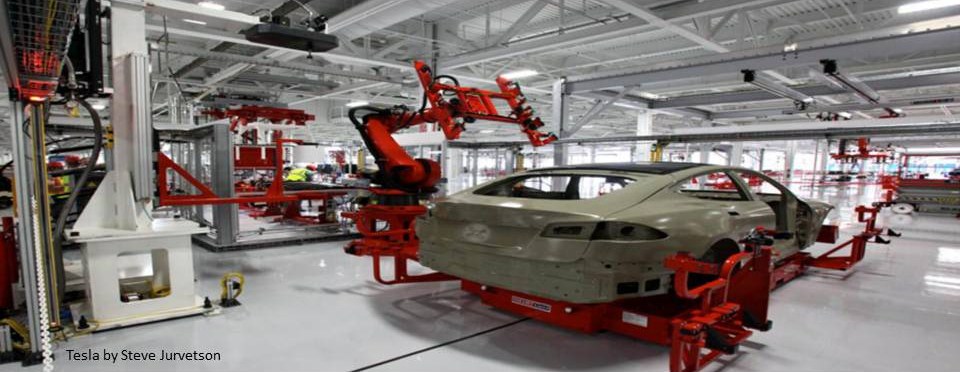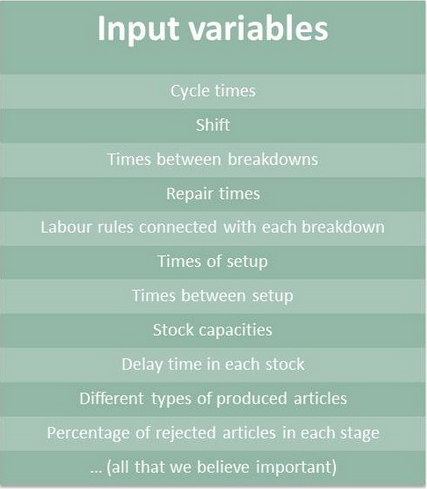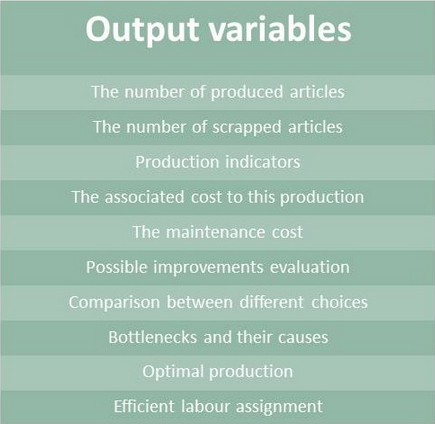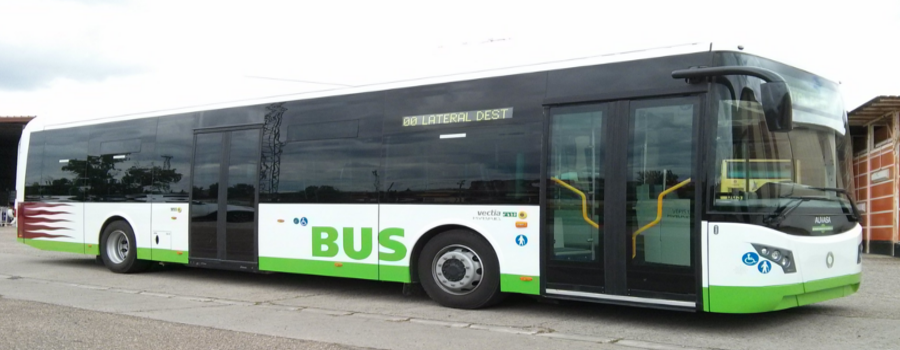
Strategies to reduce emissions in urban bus
Without doubt, the search for solutions that reduce emissions of passenger transport is one of the points where more efforts are being made. The electrification of urban bus is one of the points where most are working, there are several strategies that we will be reduced to two:
• Vehicles with a large capacity battery: ensure autonomy and recharge while standing. The main problem is the batteries: high cost, weight and volume to the Service.
• Vehicles with fast / ultrafast load at stops start / finish line: they need recharging infrastructure with high power at some stops. In this option, the bus will take the bus a motor that will ensure the service.
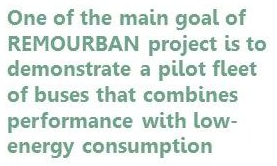
The REMOURBAN project, led by CARTIF, will work to integrate in Valladolid line 7 a demonstrator based on the second option.
The main objective of the project is to demonstrate a pilot fleet of innovative public transport vehicles (buses) that combine outstanding performance with low-energy consumption. This will be achieved by introducing hybrid buses with a newly developed plug-in technology, which makes it possible to electrify a major part of the city bus lines.
The project will demonstrate that this technology can contribute to reducing harmful emissions from European city public transport systems.
The project will demonstrate:
• A new plug-in technology for hybrid buses: the complete vehicle will be optimised to ensure high standards of drivability, performance, durability and safety;
• A fast charging service for the buses: a reliable and efficient solution for charging is of crucial importance for the future use of plug-in technology. An effective service must take account of the location of the charging system, as well as safety, time efficiency, environmental and spatial considerations.
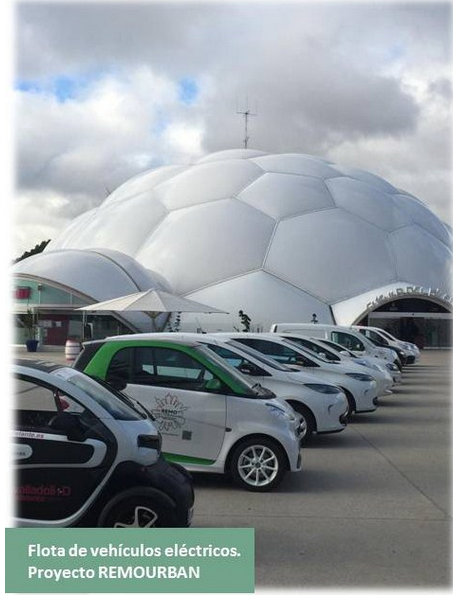
• The new hybrid plug-in technology and charging service will be demonstrated on an existing public bus route: The ultimate goal of the project is to test both of these important factors in city traffic.
Expected results:
• Reduced CO2 emissions: reduced fuel consumption, combined with electricity generated from renewable sources, will reduce CO2-emissions, compared to standard diesel vehicles;
• Improved energy efficiency: less energy consumption than standard diesel buses;
• Reducing emissions of hazardous substances: a substantial reduction in diesel consumption, combined with more favorable driving conditions, will result in a reduction in emissions of NOx, PM, HC and CO;
• Less noise: in electrical operation will radically reduce the noise of the buses, especially in sensitive areas;
• Zero-emission areas: in selected areas, the buses will run on electricity only, making these “zero emission” areas.
